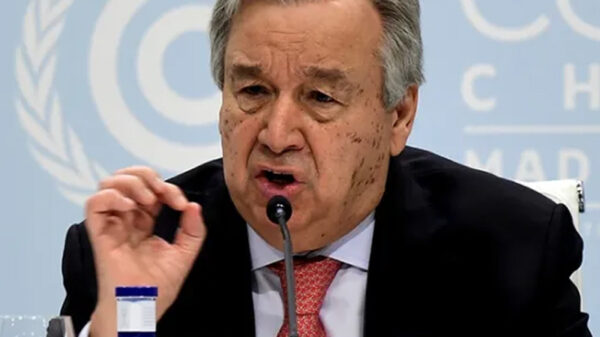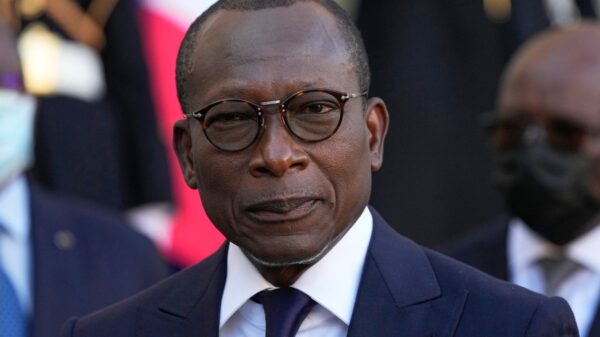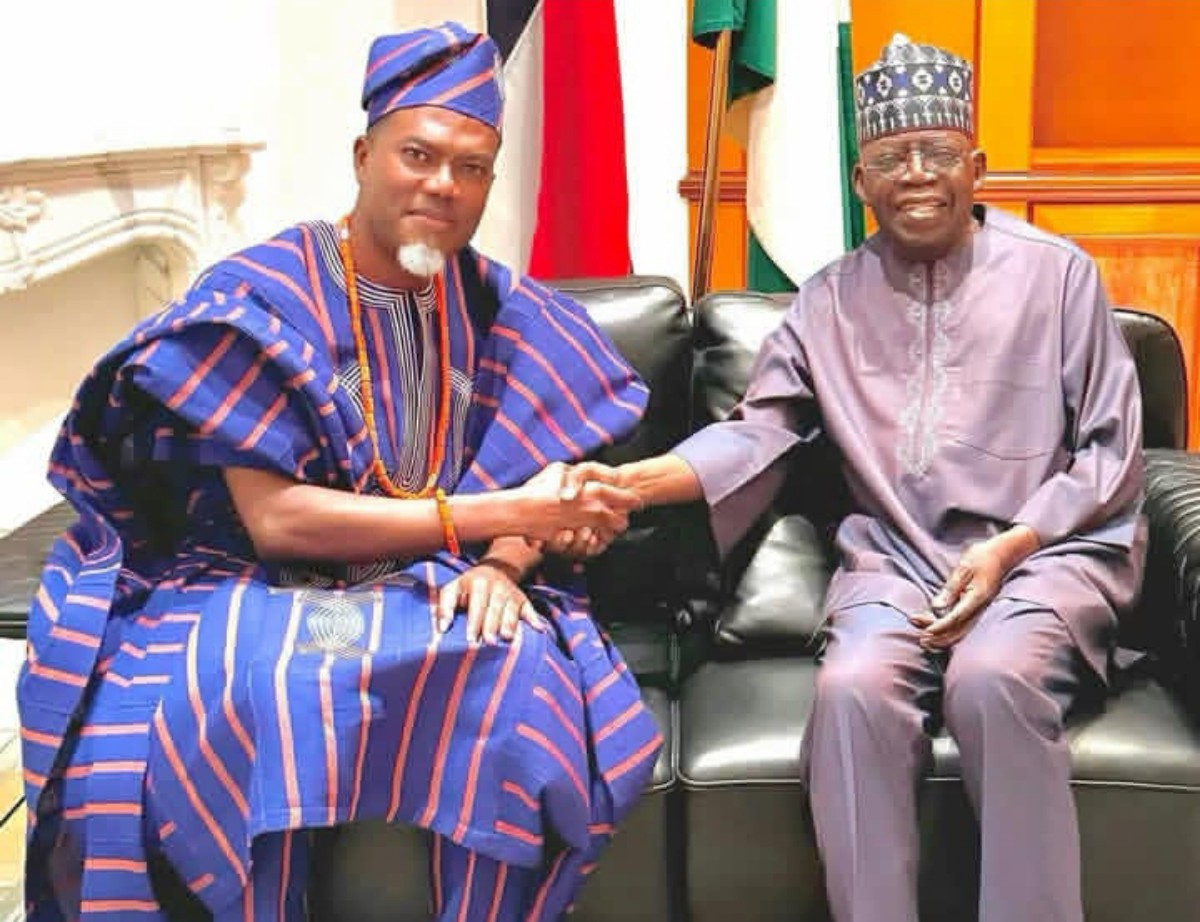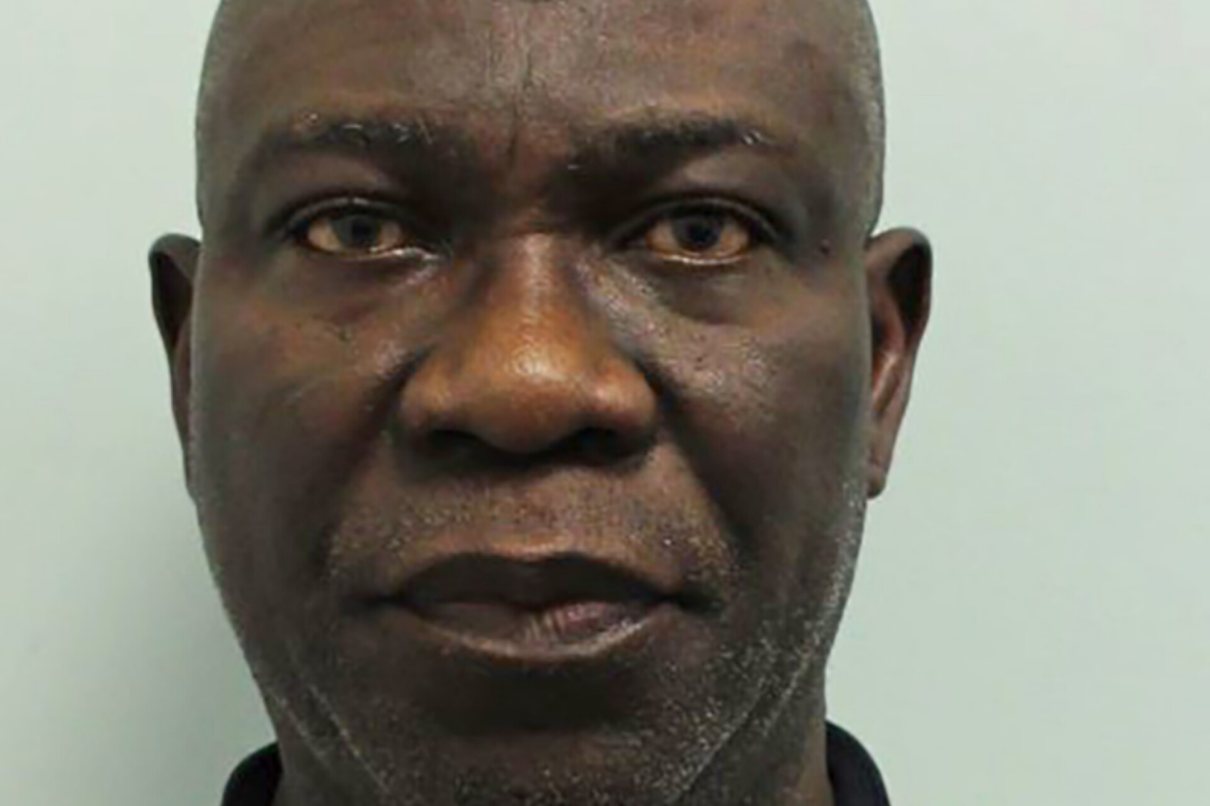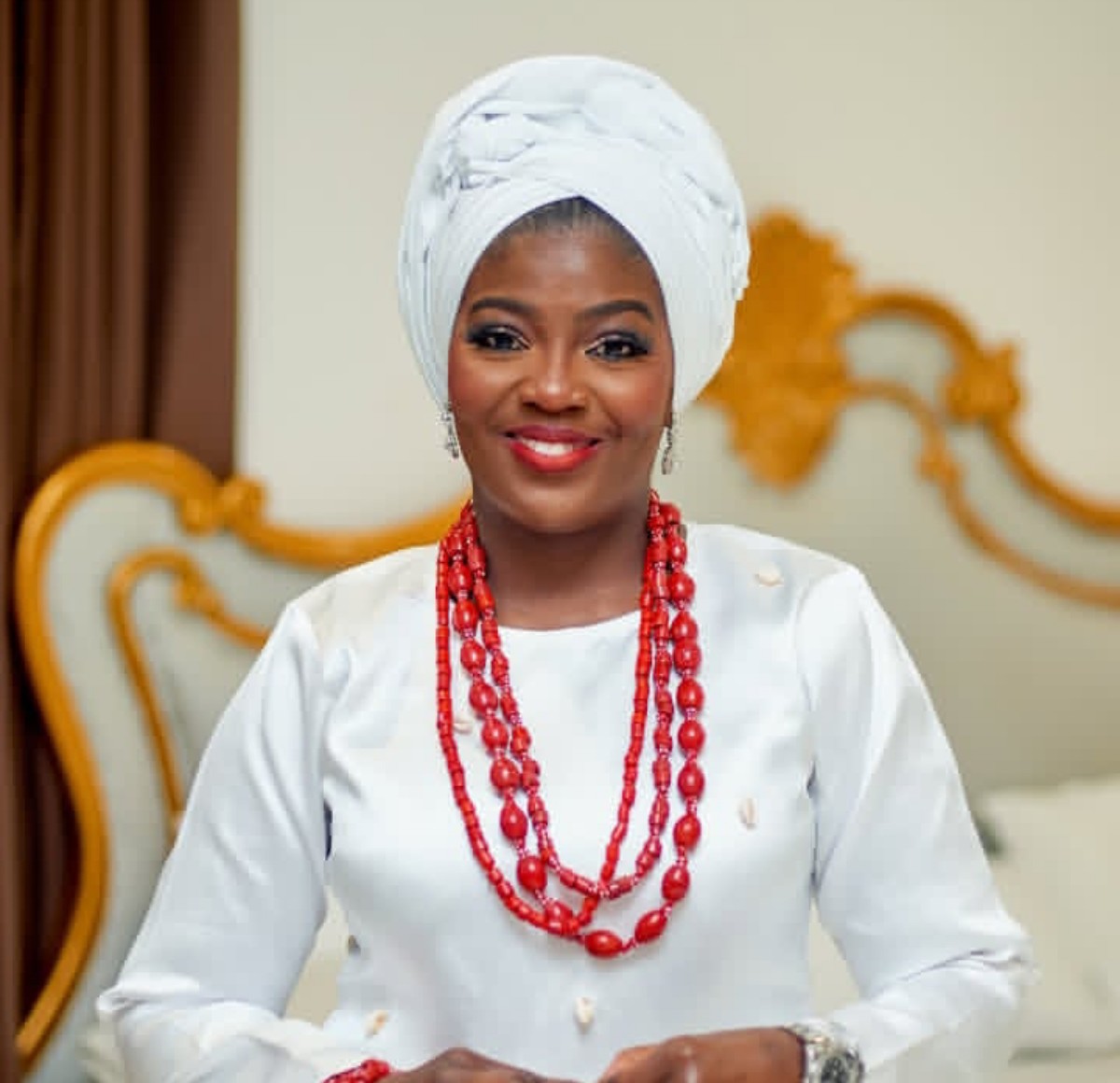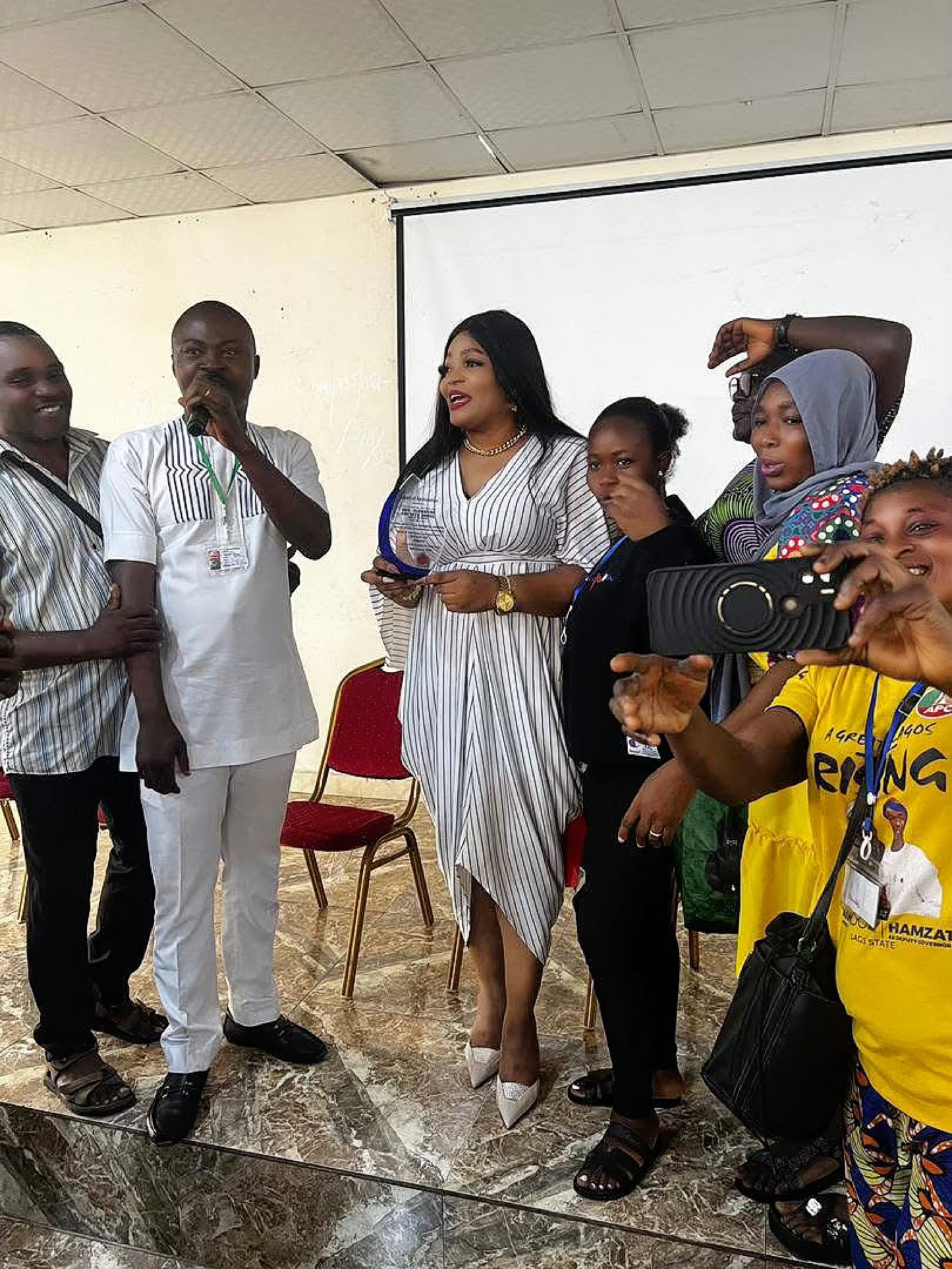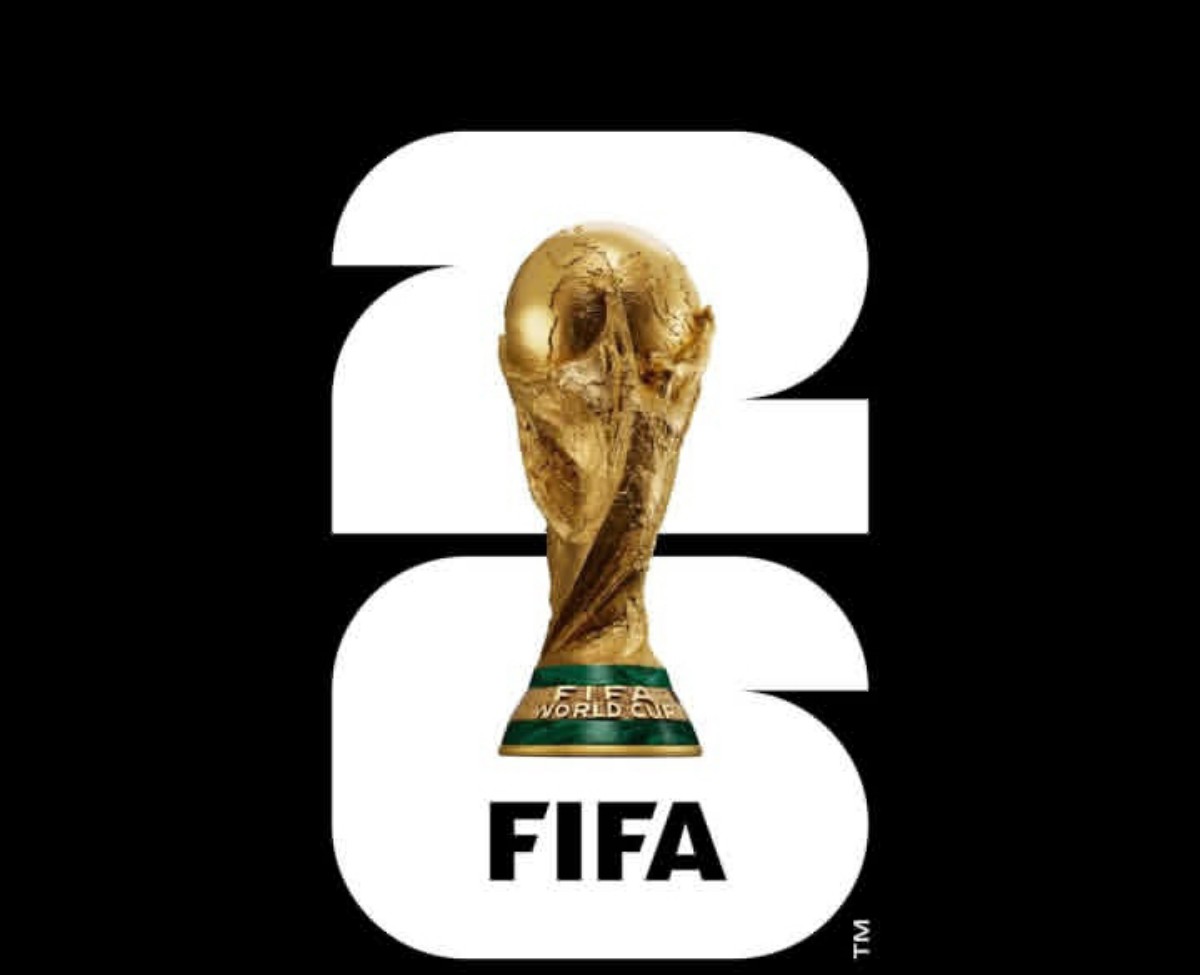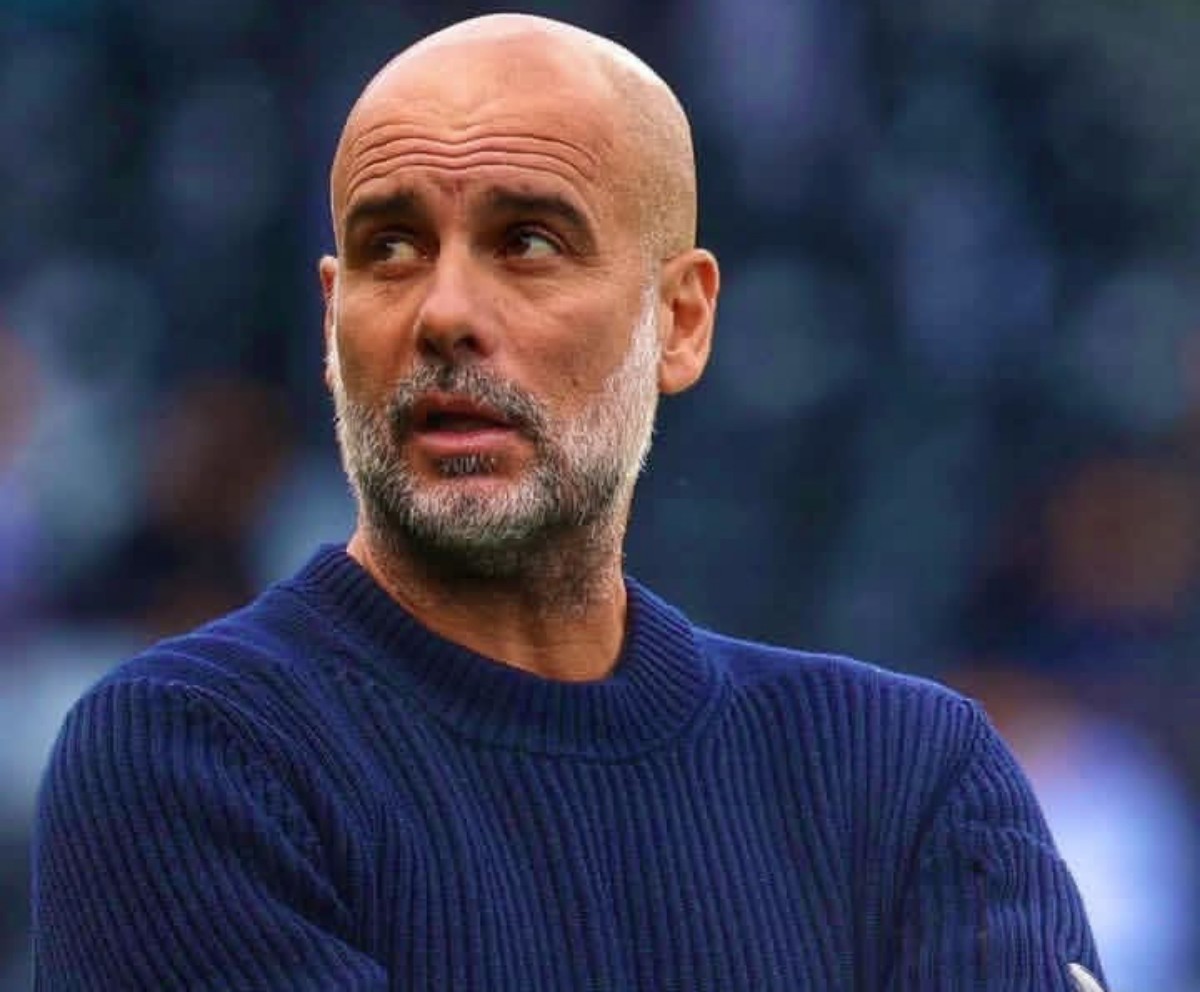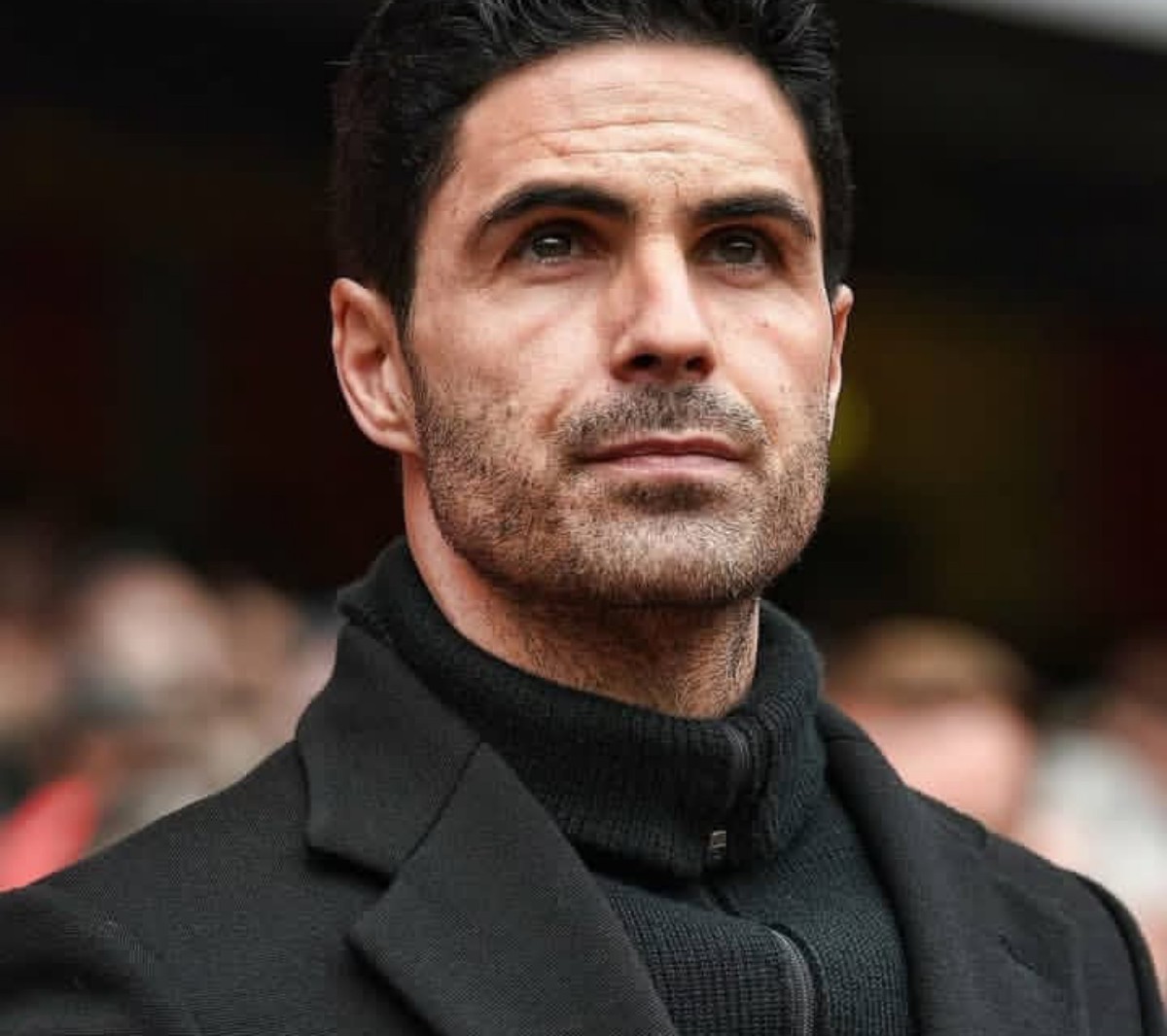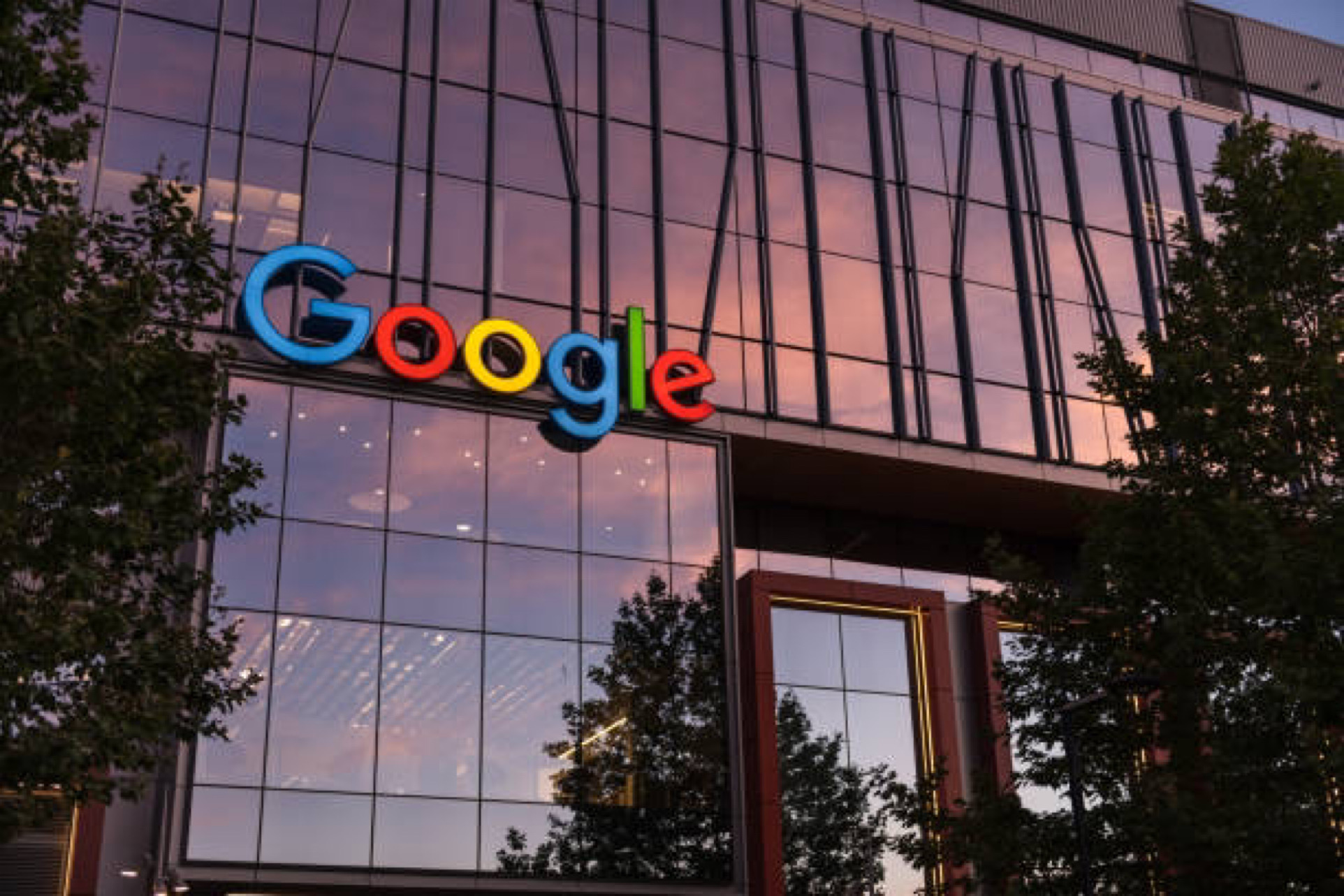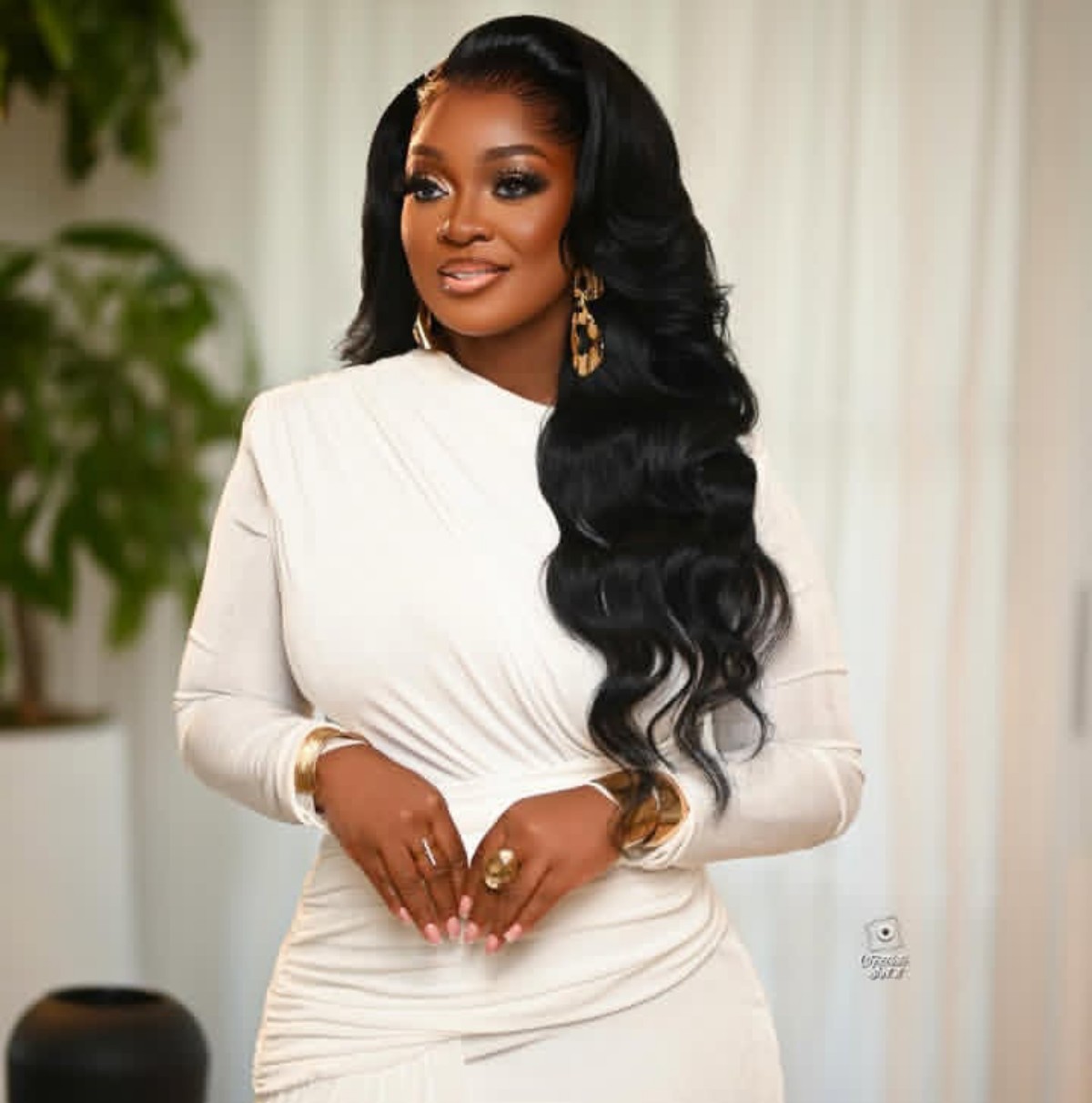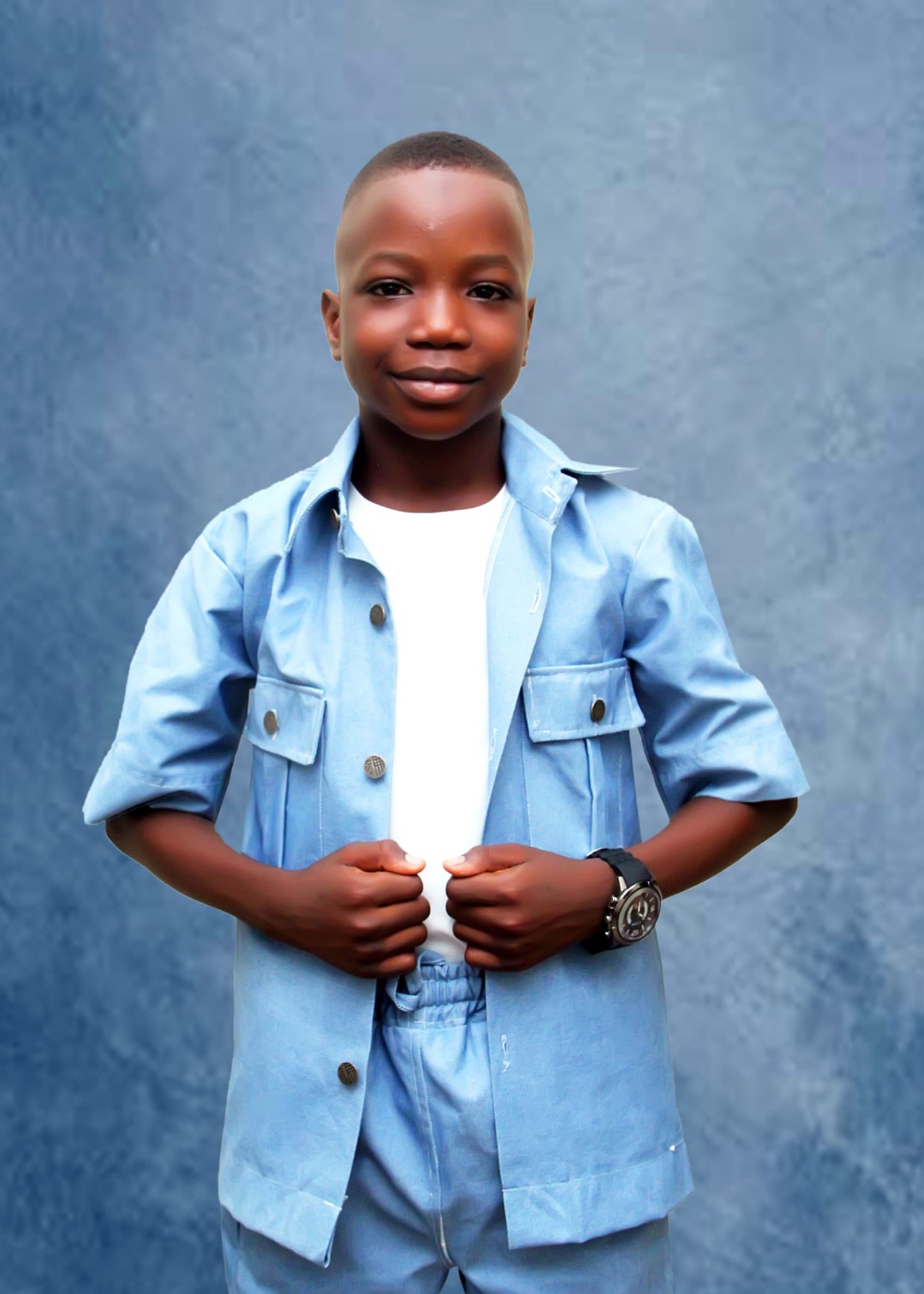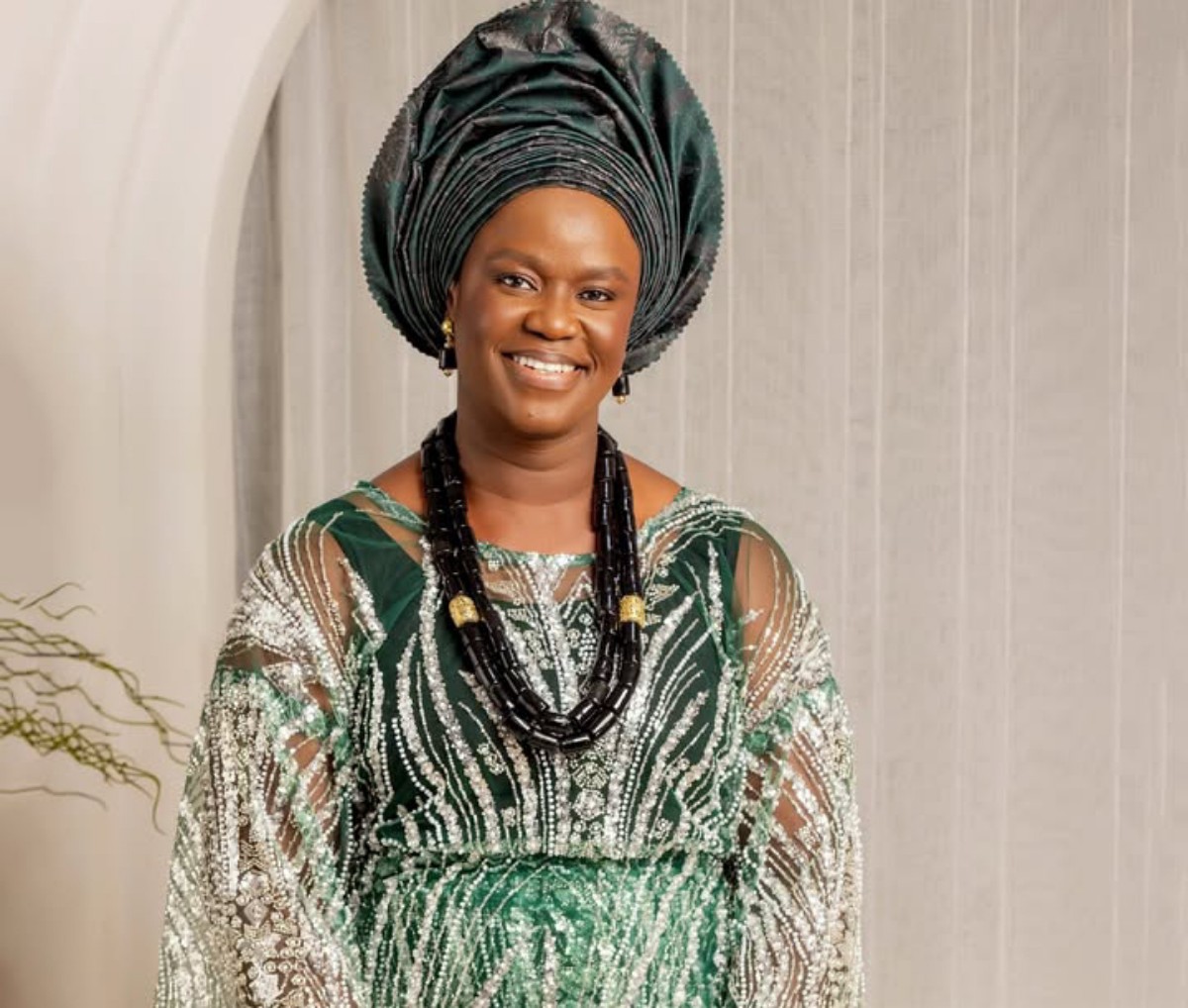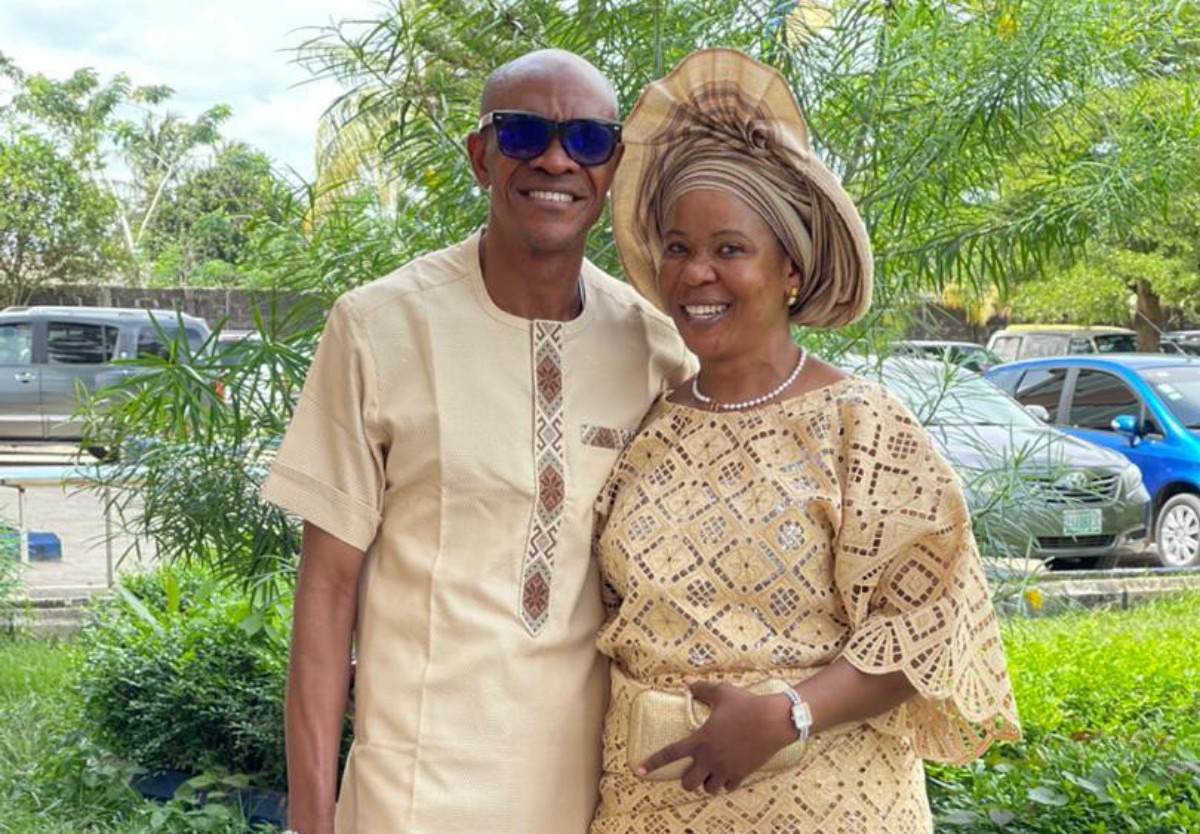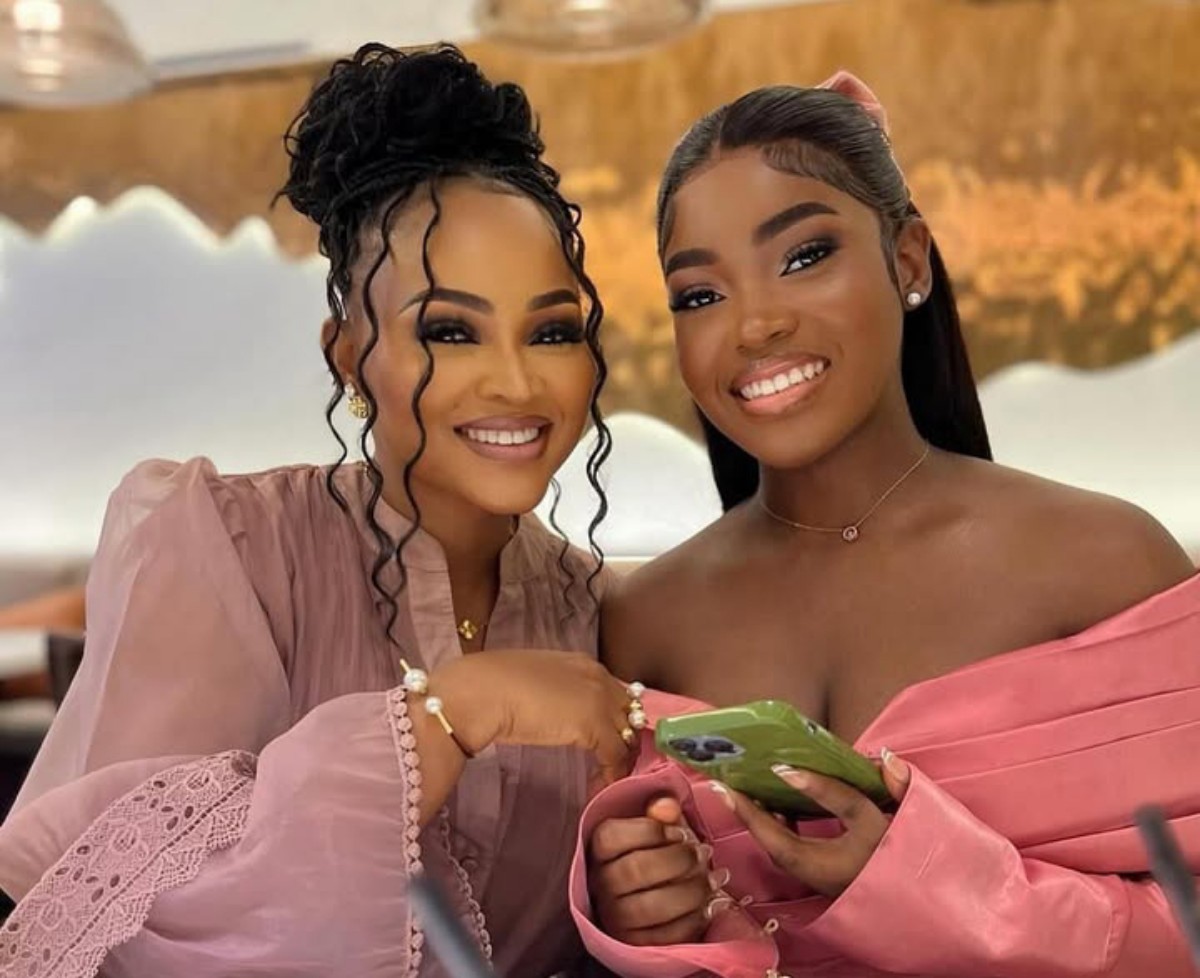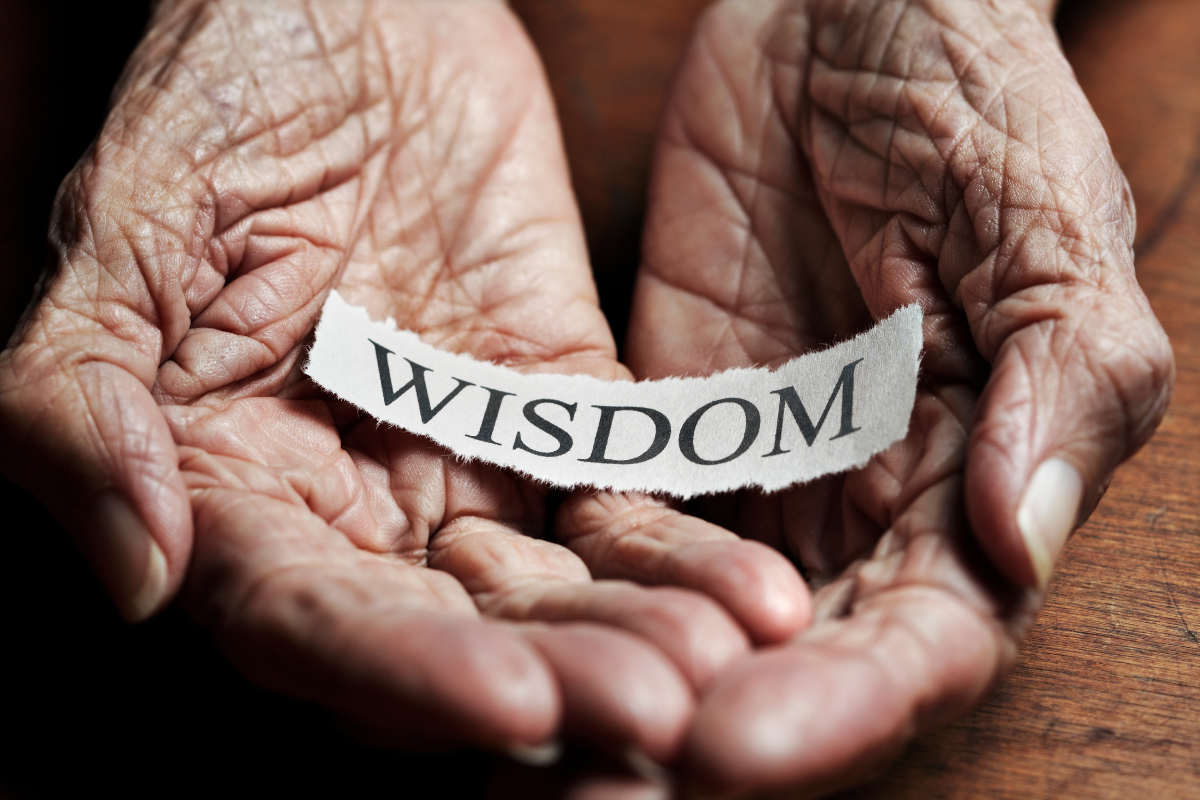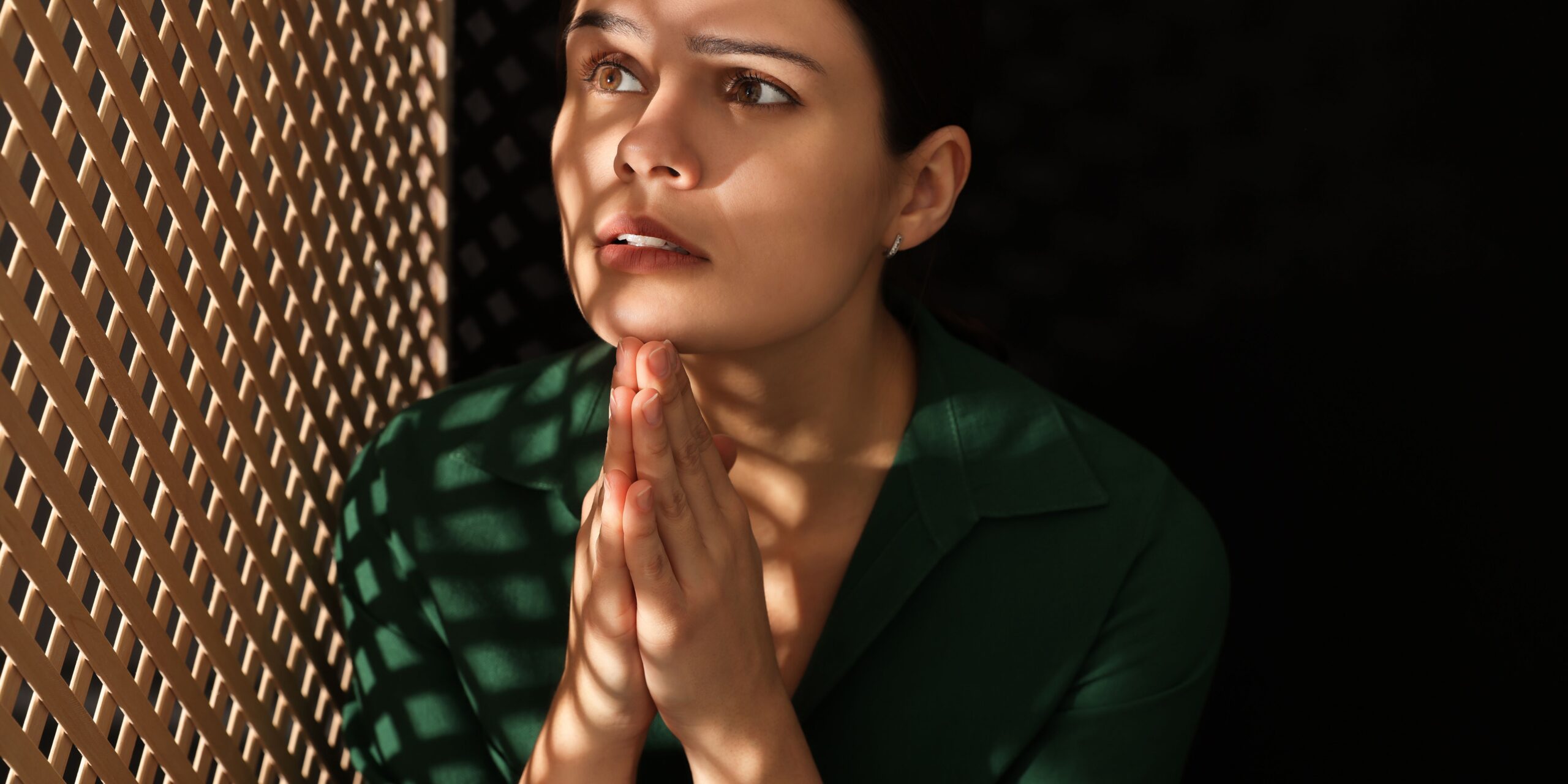In honor of World Mental Health Day on October 10, Prince Harry shared his concerns about the impact of smartphones on today’s adolescents in a conversation with social psychologist and author of The Anxious Generation, Jonathan Haidt.

The 40-year-old Duke of Sussex started the discussion in a video that was posted with Fortune Well by claiming that “in many cases, the smartphone is stealing young people’s childhood,” highlighting the growing dependence that kids have on these portable gadgets.
Though this may sound extreme, Haidt agreed with the Duke’s assessment and went on to highlight how many people in English-speaking countries born after 1995 began going through puberty with elevated levels of anxiety, depression, self-harm, and suicidal thoughts, all connected to their interactions with smartphones.
Harry refuted the popular misconception that “social media companies point the finger at parents” for the growing mental health epidemic by citing corporations that state: “Well, you know, this is down to you. This is down to your parenting.”
Haidt disputed the notion that some parents are more adept than others at guiding their children through the digital age, contending: “If there were some parents who were getting this wrong and most parents were getting it right, then I’d be very receptive to that argument,” he said. “But once kids get a phone and social media, the rest of family life turns into a fight over screen time. And this is happening everywhere.”
“The tech companies put us in a bind, and then they’re trying to blame us for what they did,” Haidt expressed his frustration.
Although Prince Harry acknowledged the conveniences and safety net that smartphones could offer, such as enabling kids to contact their parents in an emergency, he also underlined that many parents value the peace of mind that comes with knowing their child has a phone. Harry acknowledged the opposite side of the story, too, pointing out that many young people view social media sites like Instagram, TikTok, and Snapchat as essential channels for peer contact.
Yet, Haidt debunked this notion, calling it a “myth” and noting, “The research, I think, is very clear: When kids have a best friend or especially a small group [of friends], they generally do well,” Haidt said. “When kids don’t have a close friend or close group, they’re much less likely to do well. When you have 300 connections, you don’t have time for anyone.”
Addressing alternatives, Haidt advised, “Give them a phone. Just don’t give them a supercomputer connected to everyone in the world.”
Prince Harry, who is also a father to Archie, 5, and Lilibet, 3, emphasized the value of genuine relationships over those formed online. He brought up the widely held notion that social media provides a vital conduit for young people to communicate with one another, which Haidt had previously challenged with data regarding friendships.
Also Read: Mental Health Self-care Routine Tips
“This year, 2024, is the turning point. Terrible things have happened to our kids. We see that now… I don’t want to blame any parent because we didn’t know this 10 years ago,” Haidt concluded.
Just one month prior, Harry had warned the Clinton Foundation about the risks associated with youngsters using social media and accessing online content.
When Duchess Meghan appeared on CBS Sunday Morning, she expressed her husband’s worries and talked about the Archewell Foundation’s work to raise awareness of the risks associated with social media. Says she: “Our kids are young – they’re 3 and 5. They’re amazing. But all you want to do as parents is protect them. So as we can see what’s happening in the online space, we know that there’s a lot of work to be done there, and we’re just happy to be able to be a part of change for good.”
Harry added, “At this point, we’ve got to the stage where almost every parent needs to be a first responder. And even the best first responders in the world wouldn’t be able to tell the signs of possible suicide. That is the terrifying piece of this.”
Gentle Reminder: Be careful how you use your authority and influence, be wise, and treat others with respect.
Chychy Jonas

